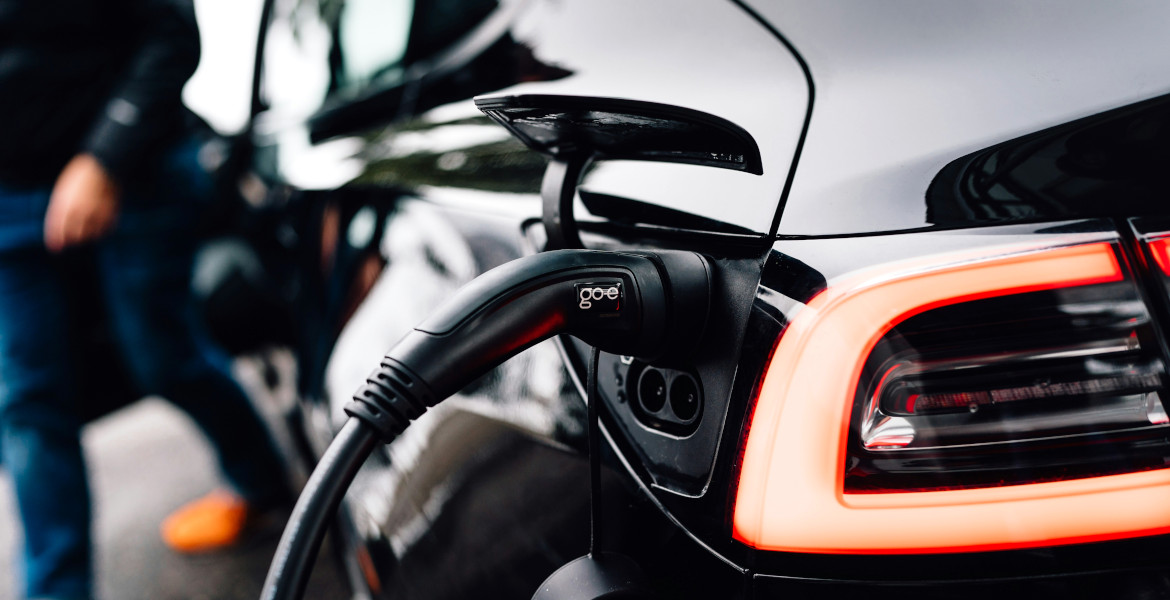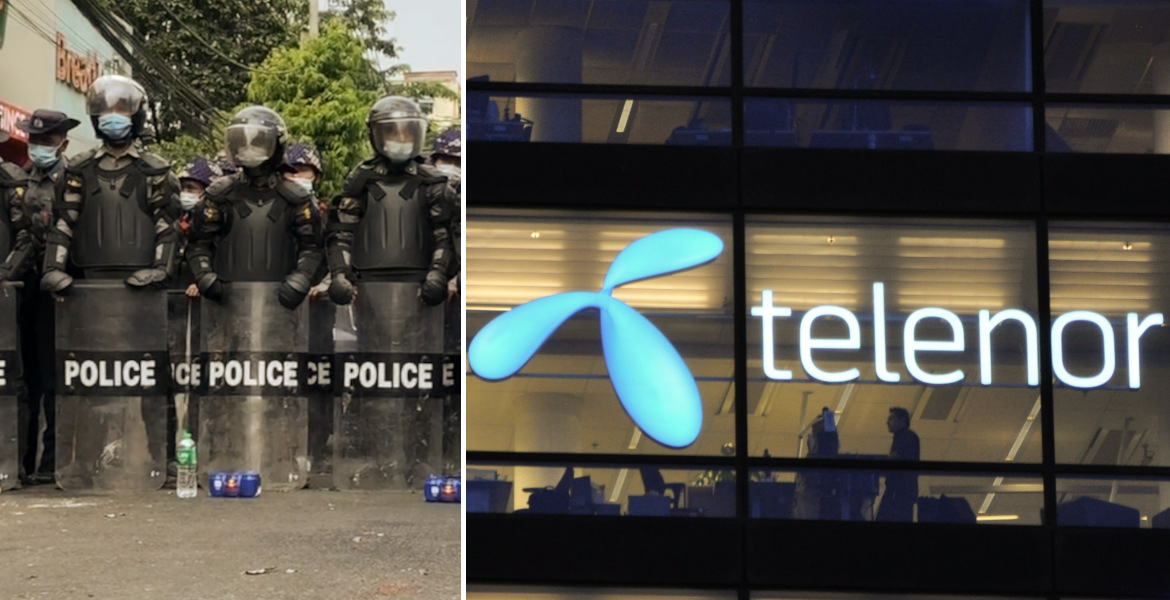More and more people are using weight-loss medications to lose weight. Now Norwegian experts are sounding the alarm that these drugs may trigger a new form of eating disorder – a so-called "dieting disorder" where patients become trapped in destructive behavior.
The use of various weight-loss medications has increased in many countries recently, with drugs like Wegovy and the type 2 diabetes medication Ozempic increasingly being used for weight loss. These drugs have gained traction because they contain semaglutide, which increases the feeling of satiety.
Danish experts have previously warned that this type of medication can worsen and even trigger various types of eating disorders, with a larger proportion of patients taking the medication in a destructive manner. Now Norwegian experts in the field are also stepping forward, noting that there is an entirely new patient group – those who cannot stop taking weight-loss medications.
— We're getting quite a few people coming to us after having taken weight-loss medication for a while who say they can no longer control it themselves, but they don't dare stop taking the medication because they will then gain weight, says psychologist Bente Sommerfeldt to Norwegian state broadcaster NRK.
"Dieting disorder"
Sommerfeldt specializes in eating disorders and says that more and more people in the field are talking about how the growing market for obesity medications has triggered what may become a new diagnosis.
— We are on the verge of getting yet another eating disorder, which we might call dieting disorder.
General practitioners also see risks with the use of weight-loss medication and believe that there is currently no good method for actually stopping it once you've started.
— At present, we have no good method for stopping this medication. The most important thing is therefore that we speak clearly with patients, says Torgeir Hoff Skavøy, who is chairman of the Norwegian Association of General Practitioners.
Cathrine M Lofthu, who heads the Norwegian Directorate of Health, says they take the experts' warnings very seriously and that we must recognize this is a social problem.
— We have created a society where it is difficult to make good choices, she says.




